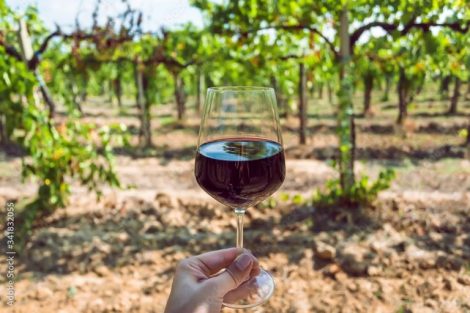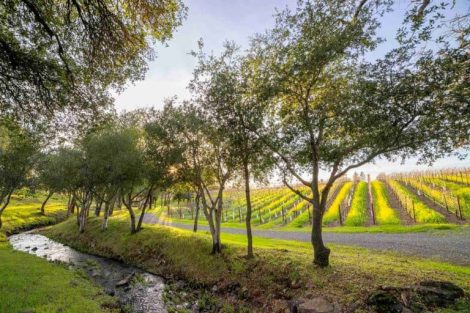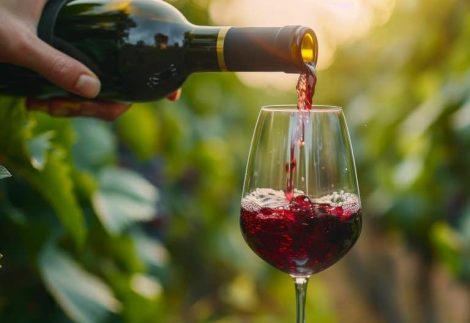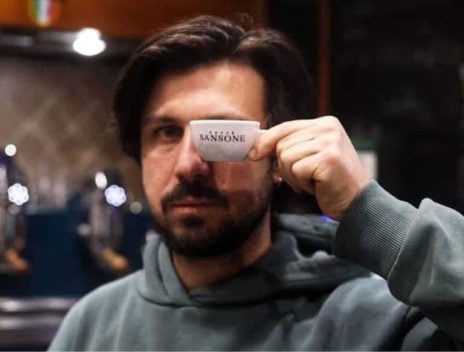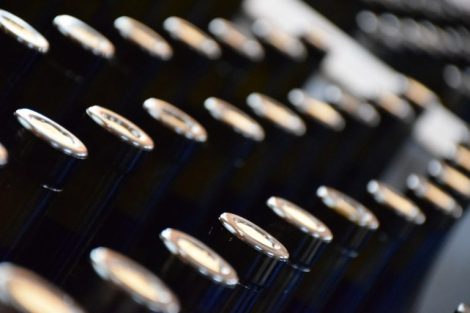They are called halophytes, and are those plants that enjoy the high salinity of soils, brackish waters and sodium chloride concentrations of more than 1%. A lethal environment for other species, which instead makes these salt plants thrive. The best known is the saltwort, which betrays its character right from its name. Then there are sea fennel, inula, sea purslane, maritime chard - the ancestor of cultivated chard - star grass, agretti or monk's beard: true halophytes or plants that simply proliferate in saline soils, albeit with varying degrees of salt tolerance. Some are well known, others less so, but no less interesting. They were once found mainly in salt marshes (in fact, they were also called salt marsh plants), those marshy areas rich in biodiversity, such as the Comacchio Valleys or the Venetian Lagoon.
The Tidal Garden
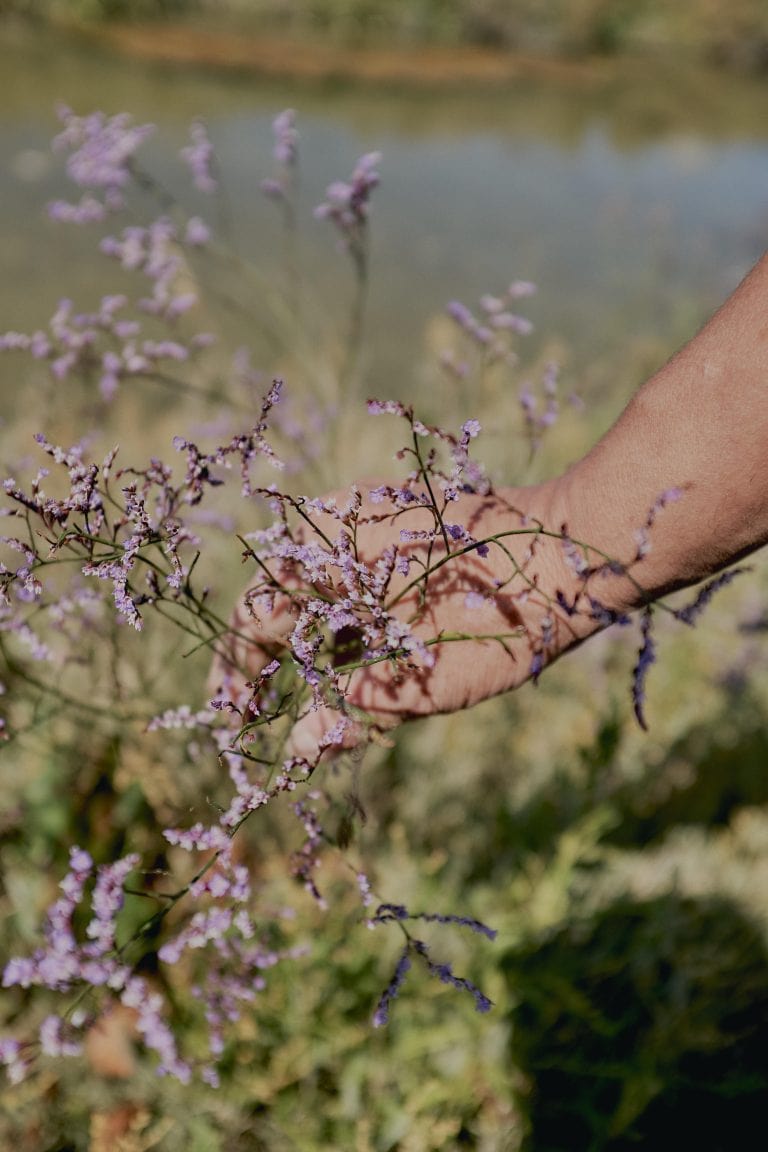
And it is precisely in Veneto that they are finding new life, after a period of oblivion, in concert with a reinterpretation of disused agricultural spaces where they are taking up the space once occupied by other crops: the consequences of climate change are endangering entire portions of cultivated land by transforming them into a habitat favourable to halophytes - and therefore unsuitable for the life of others. The result is a transformation of the landscape that must be taken into account in a rewriting of the agricultural landscape, especially in Venice. Not only: 'Halophytes are an instrument of adaptation to the changing environment, expressive inhabitants of the Lagoon'. The words are not ours, but those of The Tidal Garden, a Venetian organisation working with the Cavallino-Treporti municipality and local farmers to "develop a strategy for municipal adaptation to the expanding portions of brackish soil in the area". An articulated and intercultural project that has a strong agronomic research component aimed at the cultivation and cultural dissemination of these plants, so as to recover disused salinised land and give a chance and new prospects to farms in the area.
Chefs, agronomists, artists: the origins of Tidal
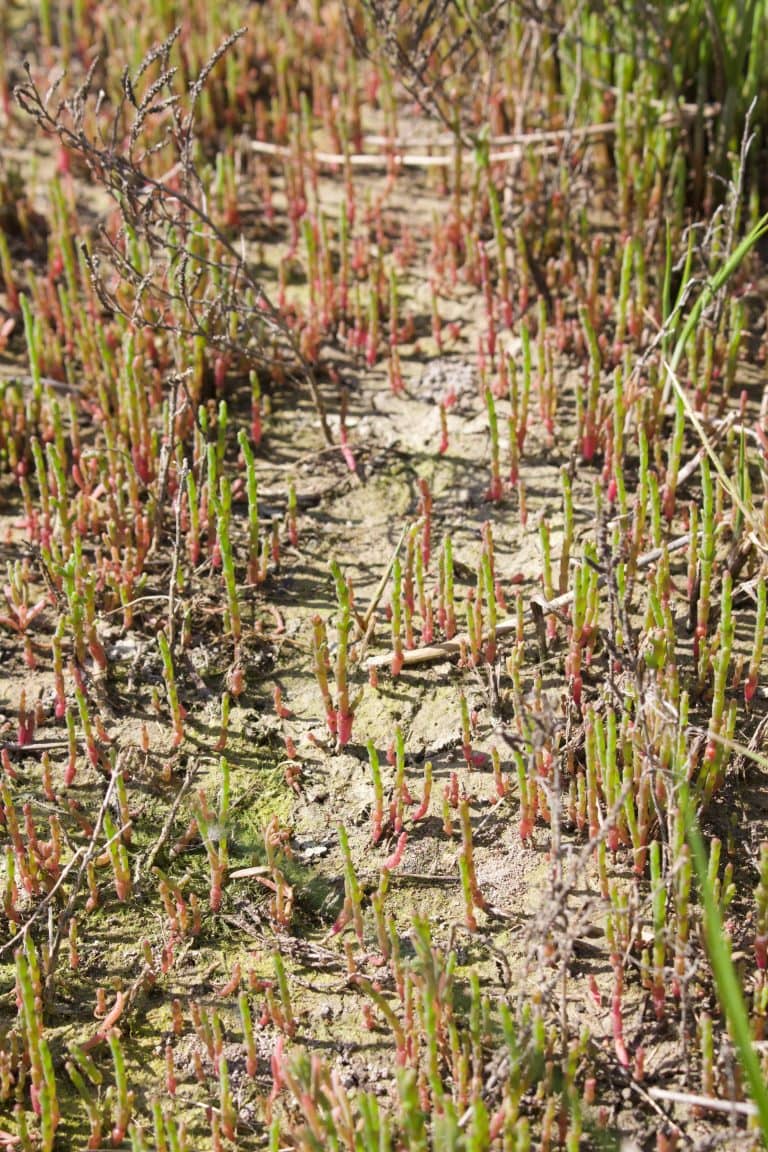
The project is the brainchild of Lorenzo Barbasetti, a cook with a background in eco-social design, who is responsible for the gastronomic aspect and research into new ingredients and their applications. Having moved to Venice in 2020, he has declined in the lagoon environment the experience he accumulated in the mountains, in the regeneration of the former Eni Village in Borca di Cadore with Dolomiti Contemporanee. He is also the promoter of Prometheus_open food lab, which explores and redesigns landscapes and communities through the intersection of art, design, science and food production. Together with him are Filippo Grassi, a researcher in the field of agriculture, and Lodovica Guarnieri, a designer and curator who deals with the more strictly artistic and cultural aspect and relations with museums and other institutions to redefine the environmental and human landscape.
Halophyte research
After an initial ethnobotanical research in Mazzorbo with the aim of delving into these local but unknown plants, they began to deal with private land, as the salt marshes are protected areas, and then in 2021 they were assigned some areas by the Cavallino-Treporti municipal administration, with the aim of combating the abandonment of farmland through a complex work of investigation of the most suitable botanical varieties, selection, cultivation and promotion. For the time being, it is only a few hundred square metres, enough to hint at its development, also thanks to the agronomic support of Veneto Agricoltura - the Veneto Agency for the Primary Sector that deals with rural development.
The gastronomical aspect
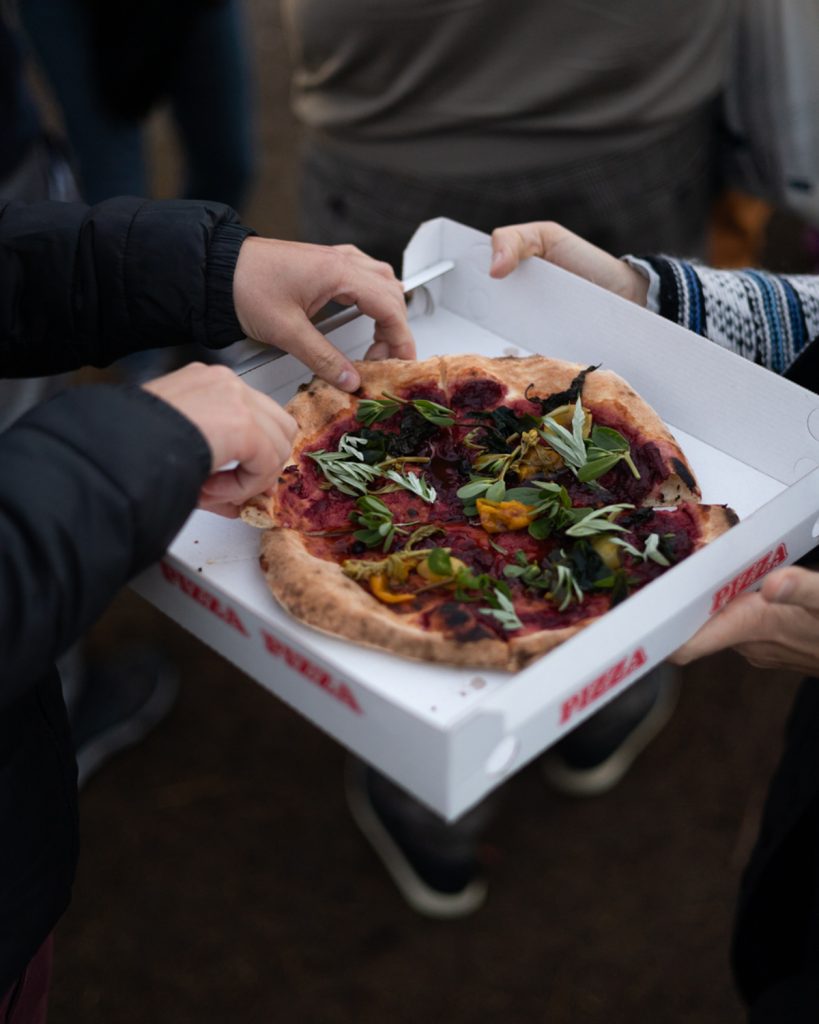
Although perfectly endogenous, halophytes are today exotic in the food basket of Veneto (and beyond). For this reason, a key aspect of The Tidal Garden's work is to contribute to their knowledge among the general public, which could determine their success and develop the commercial potential and social impact associated with it. "These are completely new flavours at the level of the common restaurant," Lorenzo confirms, "but our idea is to infiltrate other segments, not only haute cuisine: bacari, trattorias, but also artisan shops, inviting farmers, chefs and artists to experiment with these plants.
This includes collaborations with places such as Primo in Belluno, Ai Do Leoni, Algiubagiò, Bacán, the Tocia collective that promotes conviviality and interdisciplinarity, Giulia Busato's Tocio bakery, the Suso and Alaskà ice-cream parlours, and the Vizi e Virtù chocolate shop in order to develop products together and 'broaden the perspective and build a different gastronomic culture'. The events enable the activation of interest in these plants, developing strategies for the inclusion of salt-loving plants in the culinary and cultural heritage of local communities.

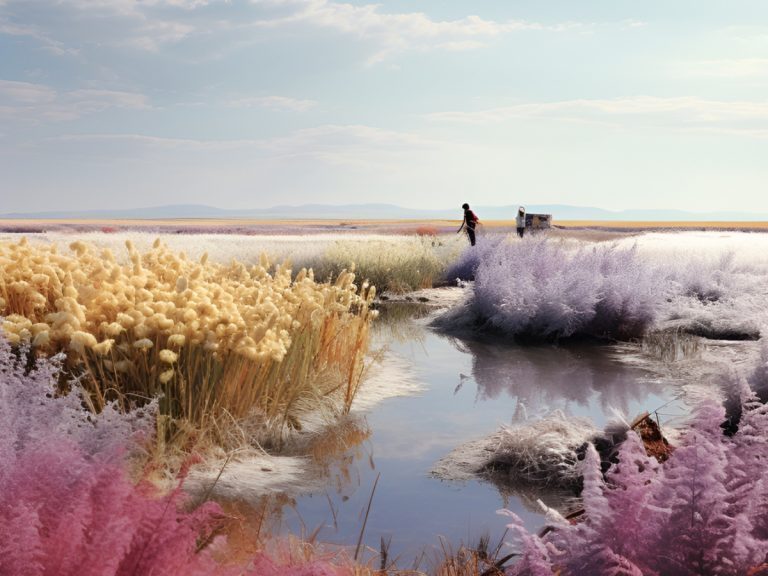
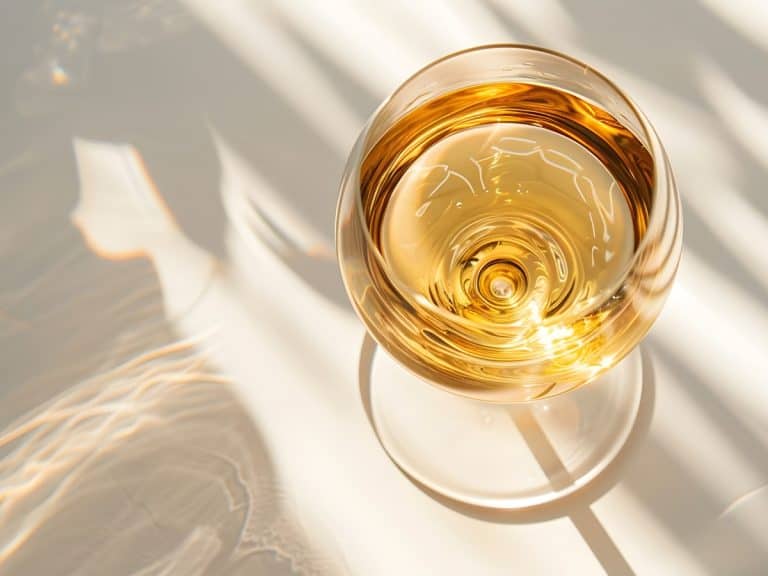 The new life of dessert wines: the era of serving them only at the end of a meal is over
The new life of dessert wines: the era of serving them only at the end of a meal is over The 12 Conegliano-Valdobbiadene Prosecco Superiore wines with the best quality-price ratio selected by Gambero Rosso
The 12 Conegliano-Valdobbiadene Prosecco Superiore wines with the best quality-price ratio selected by Gambero Rosso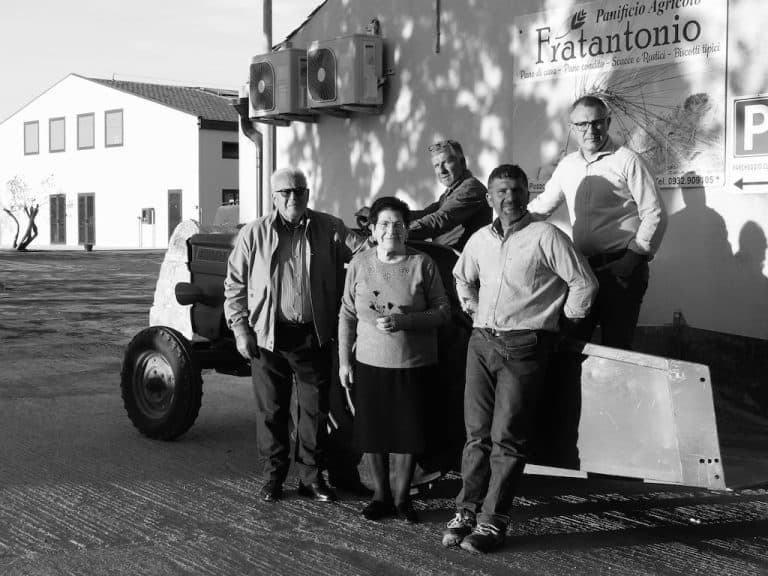 The story of the small agricultural bakery in Modica that preserves an ancient wheat variety at risk of disappearing
The story of the small agricultural bakery in Modica that preserves an ancient wheat variety at risk of disappearing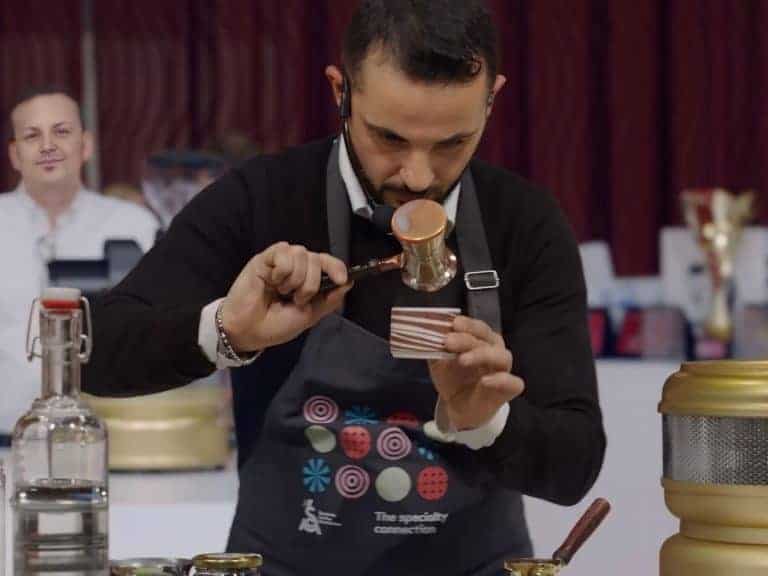 "Neapolitan coffee? It’s not the best. University students drink specialty coffee." The story of a great Italian roaster
"Neapolitan coffee? It’s not the best. University students drink specialty coffee." The story of a great Italian roaster Fine wine indices decline on Liv-ex. Italy is the only one holding firm, thanks to the Super Tuscans
Fine wine indices decline on Liv-ex. Italy is the only one holding firm, thanks to the Super Tuscans